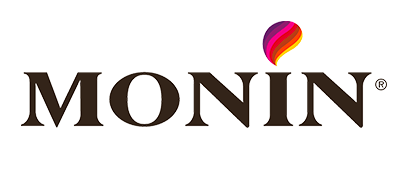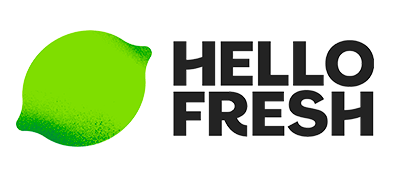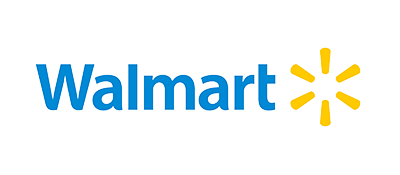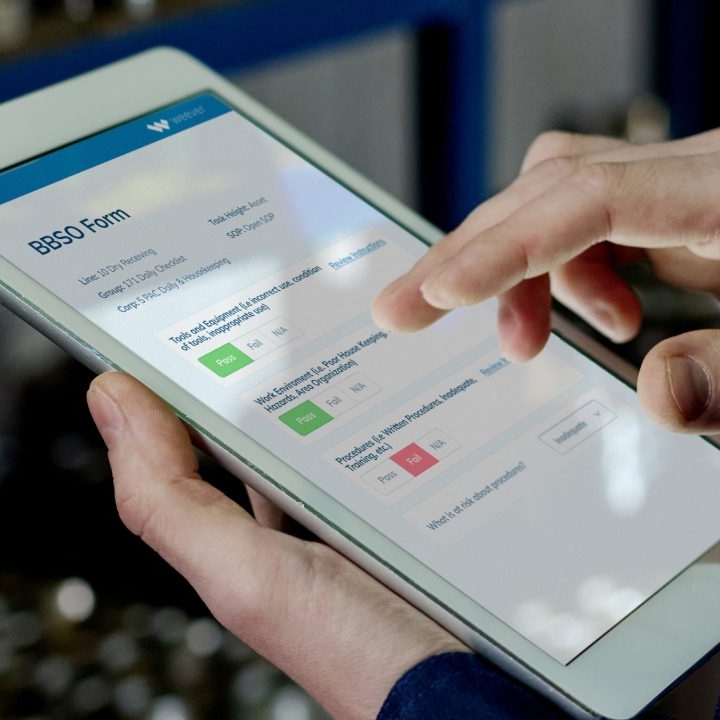How a Configurable Program Template Can Transform Your Manufacturing Operations
Discover how configurable program templates can revolutionize your manufacturing operations, enhancing efficiency and adaptability in the face of changing market demands. Learn how Weever's innovative solutions can help your business stay competitive.

In the demanding world of manufacturing, operations are continuously pressed to not only enhance efficiency but also maintain adaptability amidst rapidly changing market demands. A pivotal solution lies in the adoption of configurable program templates. Unlike the traditional paper-based solutions, these templates offer the necessary flexibility to swiftly and efficiently tailor processes to specific production needs without the need for extensive overhauls. This approach not only minimizes downtime but also boosts productivity.
Weever’s configurable program templates are increasingly becoming essential tools in contemporary manufacturing environments, helping companies remain competitive in a dynamic economic landscape. By embracing this innovative approach, manufacturers can increase efficiency, reduce waste, and more effectively respond to customer demands and market trends.
Understanding Configurable Program Templates for Manufacturing
Configurable program templates represent a revolutionary approach for digitizing manufacturing operations, aimed at delivering substantial adaptability and efficiency. New clients using Weever’s platform can get started rapidly with pre-designed templates that can be easily adjusted and configured to meet the specific operational requirements of a manufacturing facility, eliminating the need to construct new systems from the ground up. This flexibility is a significant departure from traditional, inflexible methodologies that require costly and time-consuming manual data entry, and painful modifications to accommodate new or modified processes.
Key features of configurable templates include modular setups for easy modifications and updates and user-friendly interfaces that allow staff to make quick adjustments without extensive technical expertise. These templates also come equipped with a variety of built-in options for common manufacturing processes, which can be activated or deactivated as needed.
The principal benefit of configurable templates is their capacity to meet a broad spectrum of manufacturing needs—ranging from 5S audits, safety risk assessments, quality assurance, and more. Re-configuring the preset templates is easy, and this adaptability ensures that manufacturing operations can stay agile and responsive, significantly enhancing operational efficiency and reducing the downtime associated with system reconfigurations or modifications to industry standards. Configurable and user-friendly program templates are indispensable in modern manufacturing settings that demand flexibility and speed.
The Impact on Operational Efficiency: A Global Manufacturer Case Study
A global consumer packaged goods (CPG) manufacturer needed a digitization solution to enhance operational excellence and continuous improvement (CI) workflows.
Challenges they faced included:
- Struggling with data collection across multiple departments.
- Difficulty managing workflows and achieving operational visibility.
- Limited data sharing and reporting analytics for improvement cycle processes.
- Reliance on a paper-based form and spreadsheet system requiring extensive manual data entry.
- High costs associated with manual data entry.
- Inefficient and error-prone data collection.
- The inflexibility of paper forms under unique circumstances.
Weever’s program templates served as a crucial tool in allowing the CPG manufacturer to increase staff participation and collected data volume by over 300%.
These templates are designed to ensure that all processes align with the latest regulatory standards and quality benchmarks, which is essential for companies operating in industries subject to strict regulations. Adapting to new systems can be painful, but this manufacturer was able to transition their outmoded, hybrid paper-spreadsheet system over to Weever’s cloud-based templates in just two weeks.
In terms of quality control, Weever’s program templates assisted in a reduction of average time to close reported incidents by over 400%. Ultimately, factory efficiency (OEE) for this CPG manufacturer increased by 11%.
Enhancing Compliance and Quality Control in Manufacturing Operations
Configurable program templates significantly enhance compliance and quality control in manufacturing operations by aligning processes with regulatory standards and quality benchmarks. Their adaptability ensures swift updates in response to changing regulations, integrating compliance seamlessly into daily operations while maintaining agility.
By standardizing procedures across production lines and providing real-time data analytics, these templates minimize errors, improve product quality, and streamline compliance reporting. Weever’s program templates empower manufacturers to adapt to technological advancements and market shifts, fostering staff collaboration, optimizing data collection, and automating analytics for resilient, agile manufacturing operations.
Weever's program templates are not just tools for maintaining operations; they are strategic assets that promote enduring participation, compliance, agility, and resilience, preparing manufacturers for whatever the future holds.
Interested in learning more about how configurable program templates can revolutionize your manufacturing operations?
Learn more about how configurable program templates can revolutionize your manufacturing operations.
Continue Reading
“Having cloud-based forms on devices around the facility makes them so much more accessible, which makes it painless for operators to quickly provide a report.”
Johanna Velez, VP Quality Assurance


"Weever is really user friendly and will have a massive positive impact on our operations and training team."
Mel Cadle - Op Ex Lead Process Engineer


“It’s shifted our safety culture because now we are much more focused on what we should be looking at.”
Kody Crossen, Operations Manager of EHS











